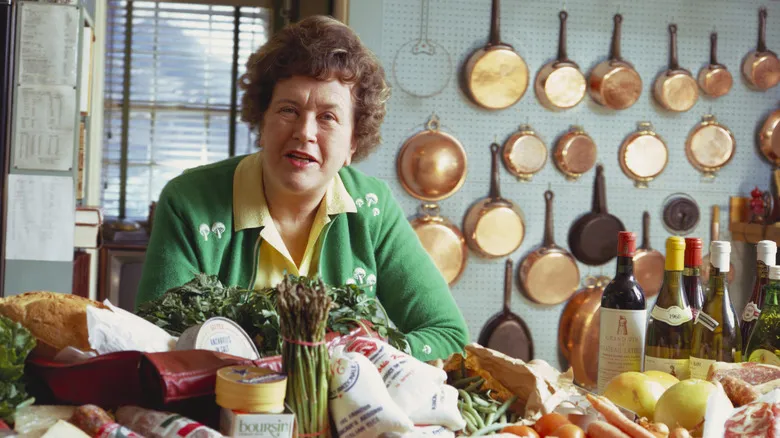The drink milking its title

The North Carolina Milk Commission was the first to propose that the beverage be designated with an official title. While competing voters sought a drink with cultural or historical ties to North Carolina, milk emerged as the winner, with the bill passing in the Senate by a vote of 39 to 3 and in the House with 93 in favor and 3 against. When the law was enacted in 1987, the state was producing 179 million gallons of milk each year.
In the current struggling dairy economy, the consumption of fluid cow's milk has been steadily decreasing. The United States Department of Agriculture reports that this decline has persisted for over 70 years, with a sharp drop occurring in the 2010s. While there are multiple factors at play, the USDA has identified the rise of plant-based alternatives as a significant contributor to the downturn in dairy consumption.
Despite not being the most popular coffee addition nationwide, milk continues to play a vital role in North Carolina's economy. According to North Carolina State University, the state produces nearly 1 billion pounds of milk annually, with the majority of dairy farms being family-owned and operated. Additionally, North Carolina is not alone in recognizing milk as a symbolic state staple; out of 30 states with an official state drink, 22 have designated milk as their choice.
Recommended

The Mississippi Seafood Eatery Beloved By 3 US Presidents

Delaware's Version Of Chicken And Dumplings Looks A Little Different

The Origins Of The Classic Milky Way Candy Bar

The Celebrity Chef Who Was Also A Spy For The Early CIA
Next up





